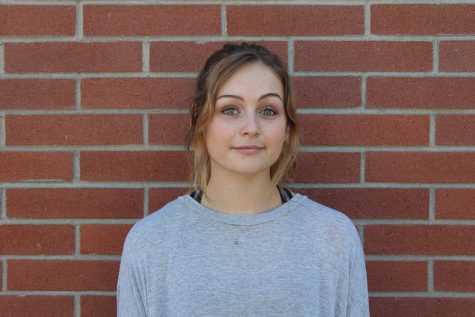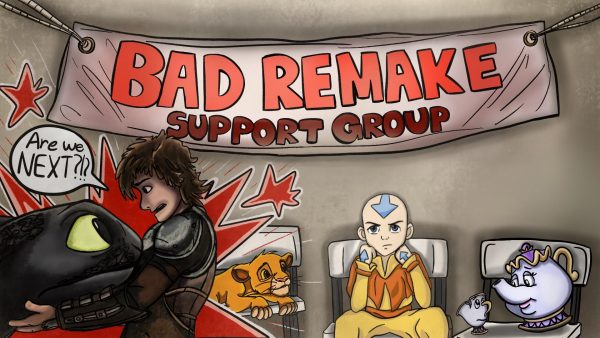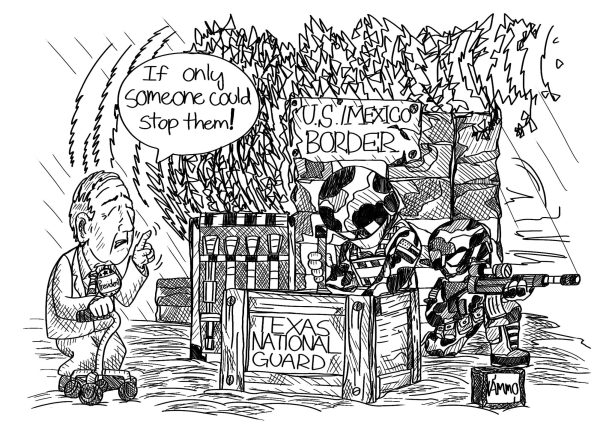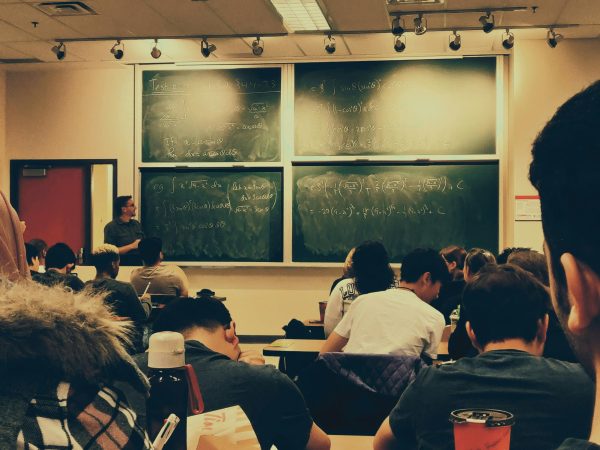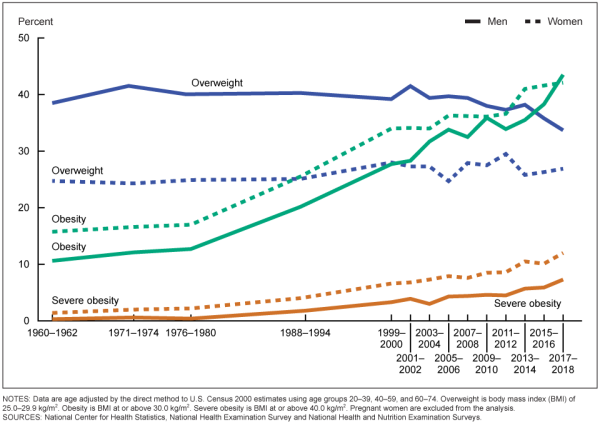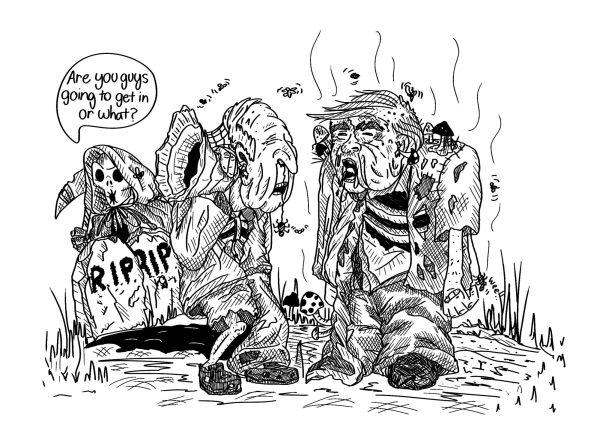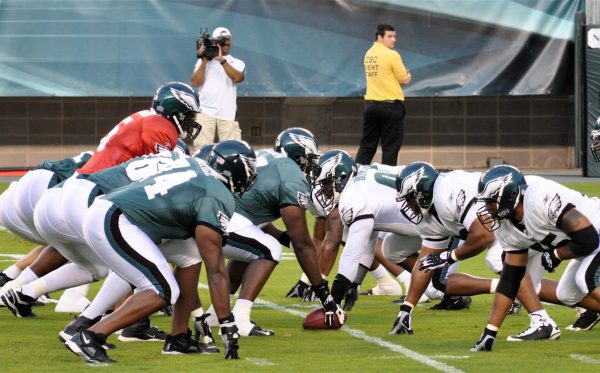International movement to end FGM develops
April 18, 2017
Unless the media talks about celebrities, politics, or President Donald Trump, our country doesn’t want to hear it.
But an ongoing movement is developing throughout the world to stop girls and women from undergoing female genital mutilation.
Primarily performed on girls between infancy and age 15, female genital mutilation, or FGM, entails all procedures that intentionally remove or injure female genitalia for non-medical reasons.
Though FGM is primarily concentrated in Africa, the Middle East, and Asia, the United States is not excluded. An estimated 513,000 women and girls in the U.S. have undergone or are at risk of being exposed to FGM, according to the U.S. Centers for Disease and Control Prevention.
Who would have foreseen that over half a million girls are affected by FGM in the U.S. alone?
Muna Hassan, a 22-year-old postgraduate student is the co-founder of Integrate U.K., a charity that campaigns against FGM around the world.
Hassan voiced in the BuzzFeed interview, “I didn’t know what it was. The more I read it, the more it becomes mortifying. Do I know anyone who have gone through it? I told my school to raise awareness of these hidden abuses. Why did I have to Google to find out?”
I think many of us may feel the same way due to the lack of conversation and disclosure of the issue.
According to UNICEF, if the population growth continues at its current rate, nearly 63 million girls may be “cut” by 2050. Sixty-three million girls. Try to wrap your head around that number.
With a campus as culturally diverse as DVC, and over half a million women in the U.S. affected by FGM, there is a possibility that at least one student has been impaired.
Awareness should too be brought to the survivors, campaigns, and advocates in other countries and eventually lead to countries taking a tougher legislative approach to solving this issue.
Even something as simple as a hashtag posted on social media can start a discussion. London campaigner Hibo Wardere shares her efforts through #EndFGM.
Once awareness is raised within each community, we need to find ways to integrate FGM into personal, social, and health education to evoke dialogue.
As Wardere said, “we have a duty to protect our youth and that comes in the form of education.”





































































